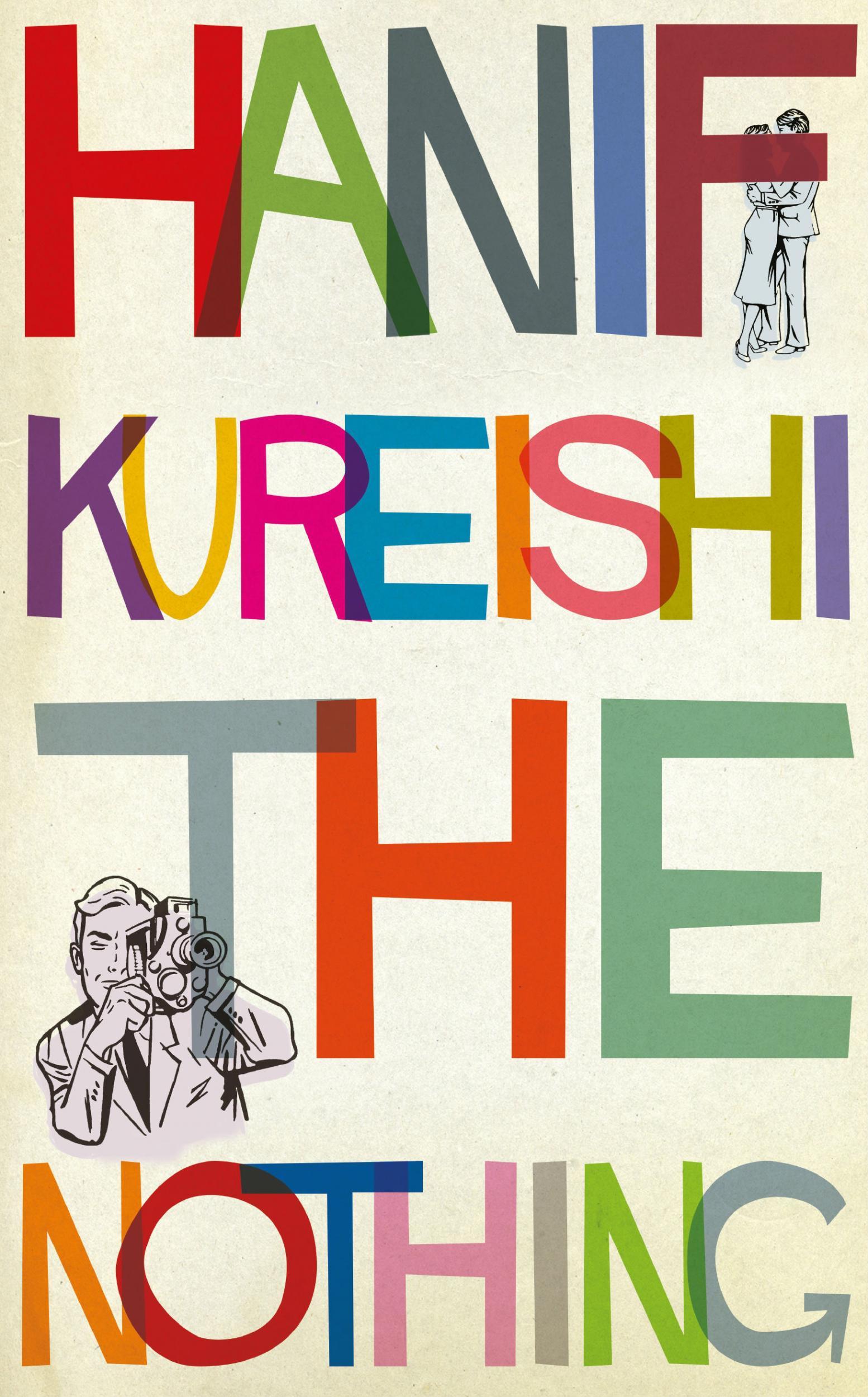The Nothing by Hanif Kureishi, book review: Bombastic theatrical style over substance
Kureishi's novella about a once famous film director confined to his London flat due to ill health and old age who suspects his younger wife of infidelity has an unconvincing plot

A Hanif Kureishi novel with an elderly, incapacitated and impotent protagonist: there’s something I never thought I’d read, but here he is. Waldo was a once celebrated film director, who used to run with the great and the good, his now defunct study a shrine to his illustrious life and career: Baftas, “birthday cards from Bowie and Iman”, a photo with Joe Strummer. Vanished is his “fuckability”, that “ass you’d pay to bite”; these days he’s not so much a shell of the man he once was, but rather the bloated carcass. Obese, weak and riddled with illness – “diabetes, prostate cancer, an ulcer, early MS, constipation, diarrhoea and only one good hip, a cough, phobias, addictions, obsessions and hypochondria” – he’s bed- or wheelchair-bound: Rear Window’s L B Jefferies played by a late career Marlon Brando.
Spying on his neighbours passes the time – “I sit here like a large fly at the windowpane, investigating fantastic lands across the way” – but the object of his obsession is his wife, Zee. She’s twenty-two years younger, and the only woman he’s ever truly loved, the “one whose body I enjoyed more than any other”, (including those “magical fucks” of his LSD-tinged, California commune days with the “live-in lesbians”). Now, however, Waldo suspects she’s making a cuckold of him with his sort-of friend Eddie: a freeloading throwback from old Soho, a “dirty-minded raconteur” who’s a sucker for celebrities, “his voice smoky with public-school corruption and changing-room decadence”.
I wish there had been a shifty Lars Thorwald-type in the mansion flat opposite; it would have made for more interesting reading than Waldo’s randy ramblings. The director as voyeur, orchestrating his last great story, could be fabulous stuff, but when he describes one of his leading actresses as “not a woman a man can look at for long without wanting to put his penis in her mouth”, you realise you’re not exactly dealing with Bergman. Clichés are heaped on with heavy-handedness, and what little narrative and plot there is is flimsy and unconvincing. Is Zee cheating on him, or is Waldo simply a “deluded mad old man”? Since she’s impossible to get a handle on – Kureishi fails to transform her into something more than the various body parts Waldo salivates over – it’s hard to tell. She seems to be in love with him one minute, but the next she’s attempting to smother him with a pillow.
At his best, Waldo’s a sly mix of generosity, ego and vulnerability – “I did say, ‘When I am dead I hope you find a wealthy man with an attractive penis to look after you’, while taking it for granted that when I died she would slash her wrists with a broken bottle, having first gone mad and ripped out her hair” – but it’s all grandiloquence. “As a reader,” he declares, “I’m done with literature. I only want fun.” Perhaps this too is Kureishi’s game, unfortunately though it all falls a little flat, bombastic theatrical style over substance only getting you so far.
‘The Nothing’ by Hanif Kureishi, Faber, £14.99
Join our commenting forum
Join thought-provoking conversations, follow other Independent readers and see their replies
Comments
Bookmark popover
Removed from bookmarks